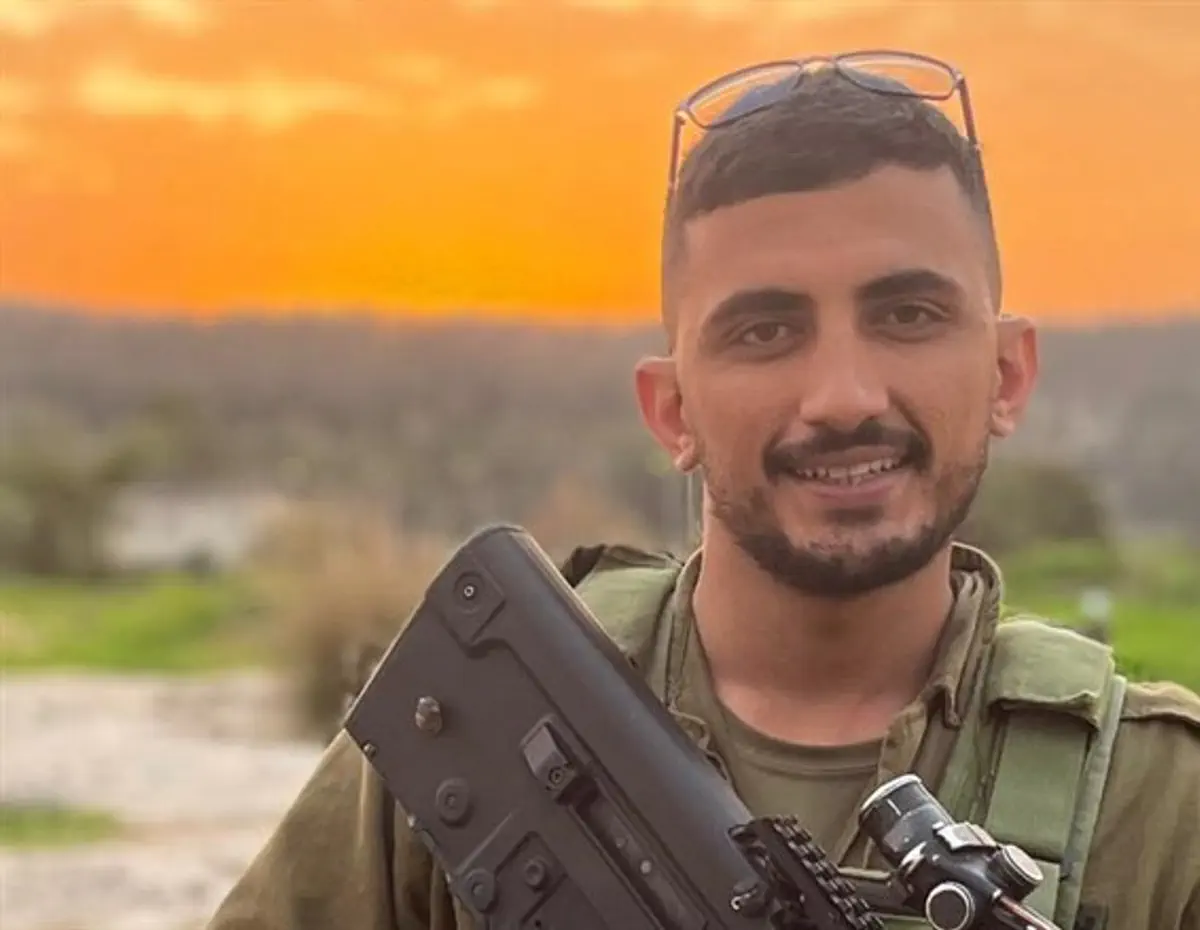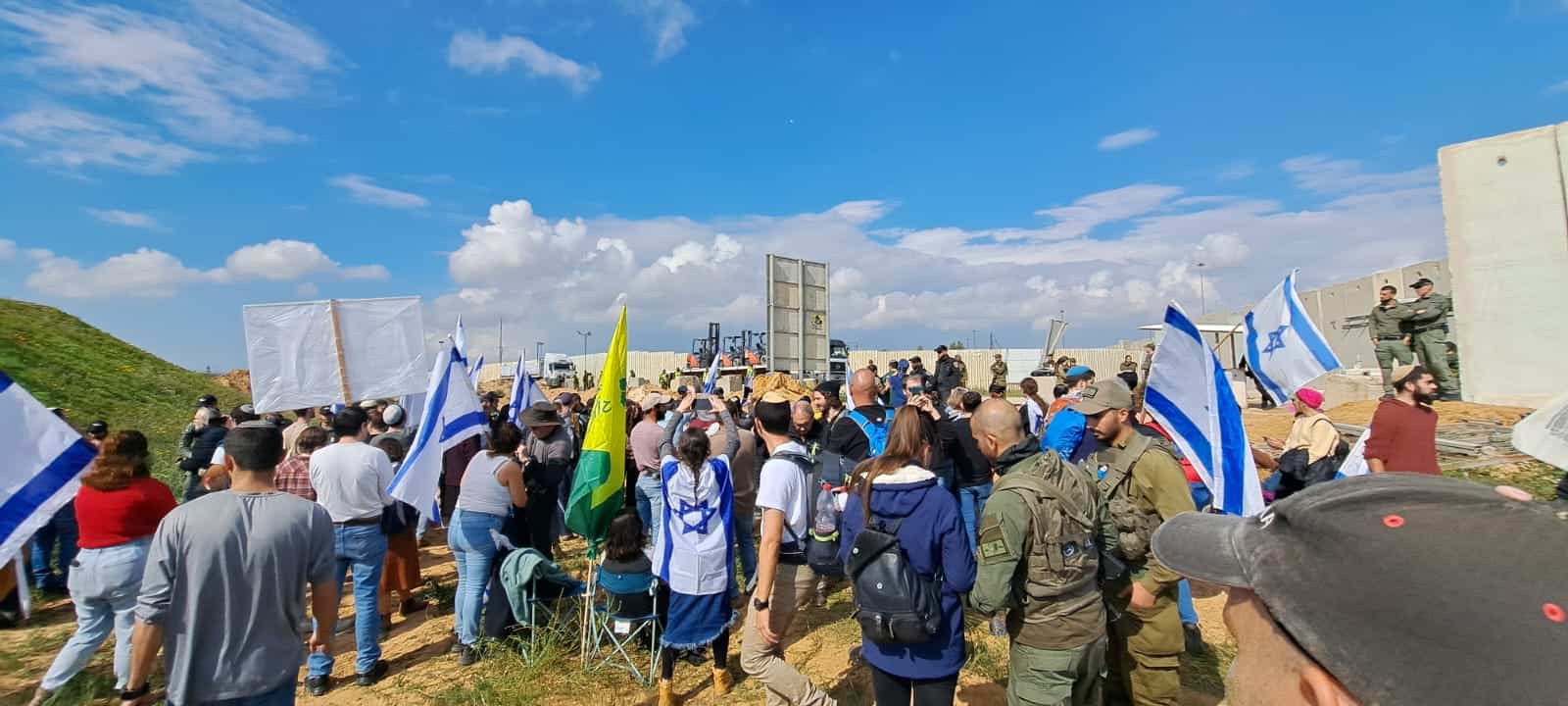Sixties Fan
Diamond Member
- Mar 6, 2017
- 58,480
- 11,084
- 2,140
- Thread starter
- #4,241
Follow along with the video below to see how to install our site as a web app on your home screen.
Note: This feature may not be available in some browsers.


The Australian’s Yoni Bashan says the challenge for the IDF is identifying Hamas terrorists as they hide among civilians with everyday clothing.
“It’s a tee shirt, it’s a hoodie, it’s sweatpants, and quite often they’ll be seen walking down the streets without actually holding any weapons,” Mr Bashan told Sky News host Sharri Markson.
“The military strategy on the ground for Hamas is to hide RPGs, Kalashnikovs, anti-tank missiles in secluded – locations.
“They’ll either be in houses, they’ll be around corners, they’ll be in gutters, or in any place where the Israelis can’t see them.”
Mr Bashan sat down with Ms Markson to discuss the Israel-Hamas war.
The Palestinian Presidency expressed today its strong rejection of the oppressive campaign led by the Israeli government against the United Nations Relief and Works Agency for Palestinian Refugees (UNRWA).
“The campaign aims to liquidate the issue of Palestinian refugees, contradicting UN Resolution 302, based on which the UNRWA was established on December 18, 1949, and other UN resolutions related to the refugee issue,” said the Presidency in a statement.
The Presidency emphasized that “the refugee issue is at the core of the Palestinian cause, with dozens of UN resolutions adopted on the matter. There is no solution to the Palestinian issue except for the return of refugees, in accordance with Resolution 194.”

